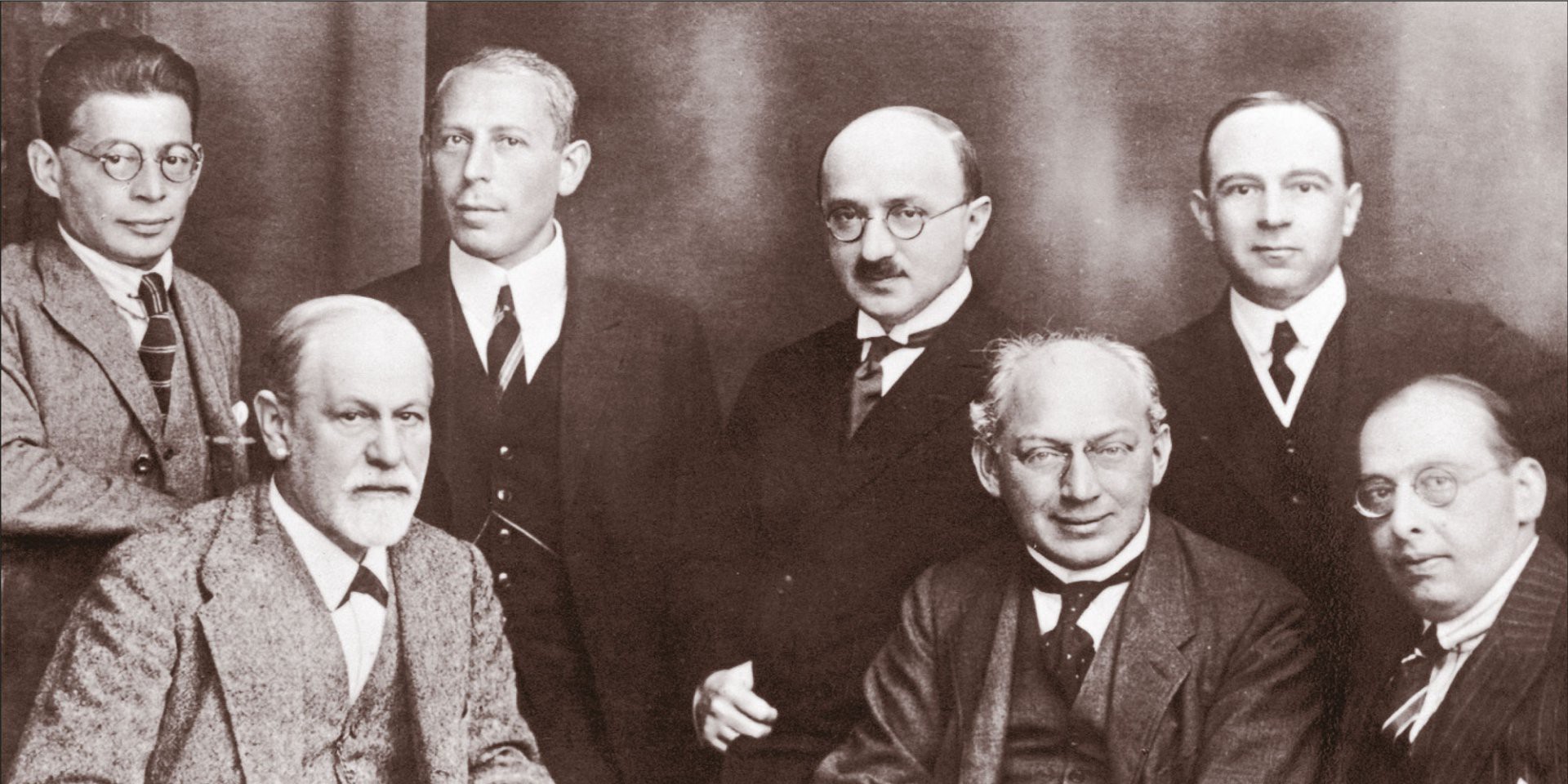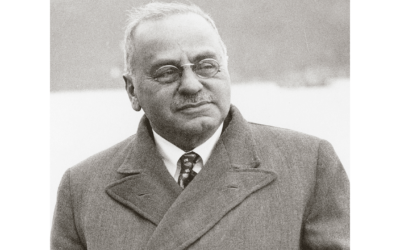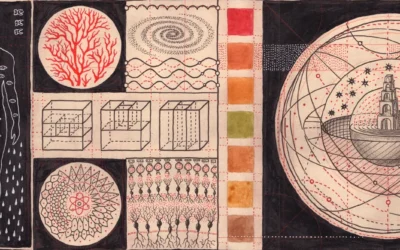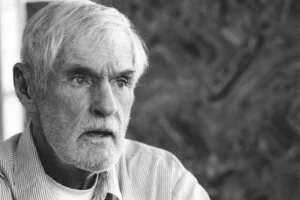Discover how Jung’s Jester archetype and the 12 archetypal patterns transform brand identity, from therapy practices to Fortune 500 companies. Learn practical strategies for authentic archetypal branding that bridges ancient wisdom with modern neuroscience.
Psychology: Understanding the Science and Art of Mental Health
Exploring Diverse Approaches to Human Experience in Birmingham
Welcome to Taproot Therapy Collective’s exploration of psychology in all its complexity, from foundational theories to cutting-edge research shaping how we understand and treat mental health. Our psychology content bridges academic research with practical therapeutic applications while examining how different psychological approaches inform effective mental health care.
What You’ll Find in These Articles
Our psychology content covers major therapeutic modalities, from cognitive-behavioral approaches and psychodynamic theories to humanistic and transpersonal perspectives. We explore how these different frameworks understand human nature, psychological development, and the change process while examining their practical applications in Birmingham therapeutic practice.
You’ll discover articles on influential psychologists and their contributions, research findings that challenge conventional wisdom, and debates within the field about effectiveness, cultural responsiveness, and integration. We examine both the promises and limitations of psychological approaches while exploring how they complement each other in comprehensive mental health care.
Bridging Theory and Practice
These articles translate complex psychological concepts into accessible insights while maintaining scientific rigor and therapeutic relevance. From exploring attachment theory’s applications to trauma treatment to understanding how positive psychology research informs resilience building, our content shows how psychological knowledge enhances the therapeutic approaches detailed on our main services page.
We also examine emerging areas like neuropsychology, cultural psychology, and digital mental health that are reshaping the field while addressing ongoing questions about evidence-based practice explored in our psychology and research section.
Birmingham Mental Health Context
Our psychology articles often connect broader psychological principles with Birmingham’s unique cultural context, examining how regional factors, historical experiences, and community resources influence mental health understanding and treatment approaches in Alabama.
Contact Taproot Therapy Collective: 📍 2025 Shady Crest Dr. Suite 203, Hoover, AL 35216
📞 (205) 598-6471
🌐 www.GetTherapyBirmingham.com
🎧 Podcast: gettherapybirmingham.podbean.com
Discover + Heal + Grow with Taproot Therapy Collective – Birmingham’s resource for understanding psychology’s diverse approaches to mental health and human experience.
50 Sociology and Anthropology Theories Every Therapist Should Know a Study Guide
History of Psychotherapy, Industrial Organisational Psychology, Psychology of Media and Culture, Psychology Topics and Articles
The intersection of sociology, anthropology, and psychotherapy offers profound insights into human behavior, mental health, and healing. While therapists often focus on individual psychology, understanding the broader social and cultural contexts that shape our clients' experiences can dramatically enhance therapeutic effectiveness. This comprehensive guide explores fifty essential theories from sociology and anthropology, their origins, and their direct applications to clinical practice. Part I: Foundational...
The Unfinished Legacy of Alfred Adler: Revisioning Psychology for Social Transformation
History of Psychotherapy, Industrial Organisational Psychology, Jungian Therapy and Depth Psychology, Psychology of History, Psychotherapy Biographies: Historical Figures in the History of Psychology
"The human psyche is shaped by the interplay between inner drives and outer cultural forces. For every dominant social pattern, the unconscious generates a compensatory movement, seeking to restore balance and wholeness. By understanding these cultural-psychological dynamics, we can work towards greater self-awareness, social responsibility, and holistic well-being." -Alfred Adler Who Was Alfred Adler? Alfred Adler (1870-1937) was an Austrian medical doctor, psychotherapist, and founder of the school of...
The Hidden Influence of Parts on Parenting: Why Parents Treat Children Differently
History of Psychotherapy, Industrial Organisational Psychology, Parenting Psychology and Therapy for Parents, Parts Based Therapy, Recovering from Abuse
Explore how parental parts and unresolved childhood trauma shape differential treatment of children. Discover the hidden influence of parts on parenting and family dynamics through the lens of parts-based therapies like Voice Dialogue, Internal Family Systems, Transactional Analysis, Schema Therapy, Psychosynthesis, and Coherence Therapy. Learn how parts work can help break intergenerational cycles and cultivate more secure, attuned parent-child relationships
Arne Jacobsen: Organic Modernism
Industrial Organisational Psychology, Psychology of Buildings and Architecture, Psychotherapy Biographies: Historical Figures in the History of Psychology
Who was Arne Jacobsen? Arne Jacobsen (1902-1971) was a seminal figure in Danish modernist architecture and design. Over a prolific career, Jacobsen created a visionary body of work that fused the clean minimalism of the International Style with a distinctively Scandinavian sense of warmth and humanism. His buildings and furnishings exemplified a philosophy of "organic modernism," embracing the latest technologies and materials while remaining grounded in the tactility of nature and the contours of the human body....
How to Pick a Therapy Chair for Your Psychotherapy Office
Design Psychology, Free Resources for Therapists in Private Practice, Therapy Resources, Tips and Tools
Why Design Psychology Matters Insights from 12 Mid-Century Modern Masters of Design The field of design psychology examines how the built environment shapes human behavior, emotions and well-being. From the layout of city streets to the furnishings in our homes, the designed world is a powerful yet often invisible influence on our inner lives. We have most of these chairs in our Hoover offices at Taproot Therapy Collective. If you are local you can come test them out. Nowhere is this more important than in spaces...
William Morris: Weaving the Threads of Myth into Design
Design Psychology, Psychology of Artists, Poets, and Writers, Symbolism and Meaning in Psychotherapy
Who Was William Morris? William Morris was a designer known for his exquisite tapestries depicting scenes from myth, legend and medieval romance. More than decorative objects, these woven works invite the viewer into a mesmerizing world of archetypes, hidden meanings and the unconscious stirrings of the soul. Morris's oeuvre exemplifies many of the insights of depth psychology - the recognition that powerful symbols, when engaged with imaginatively, can connect us to profound truths within the psyche. The Mythic...
Victorian Eclecticism: A Fusion of Styles
Design Psychology, Psychology of Buildings and Architecture
The Psychlogy of Victorian Eclecticism The Psychology of Victorian Eclecticism: A Fusion of Styles Victorian Eclecticism, prevalent during the reign of Queen Victoria (1837-1901), represents a period of architectural exuberance and diversity. This movement, characterized by its blend of various historical styles, reflects the complex social and cultural landscape of the 19th century. In this exploration, we'll examine the origins, characteristics, and psychological underpinnings of Victorian Eclecticism....
The Psychology of Design: How Our Spaces Reveal Our Minds
Design Psychology, Industrial Organisational Psychology, Psychology of Buildings and Architecture, Symbolism and Meaning in Psychotherapy
The Psychology of Design in America Design is more than just the way things look. Design is an alchemization of a culture's values, aspirations, anxieties and worldview at a particular moment in time. Like an anthropologist studying ancient ruins to understand a lost civilization, we can examine the designs of past eras to gain insight into the psyche of the society that created them. Every curve of a 1950s tail fin, every earthtone in a 1970s living room, every boxy black appliance of the 1980s was...
Unraveling Tim Leary’s Groundbreaking Personality Typology System
History of Psychotherapy, Industrial Organisational Psychology
Leary's Forgotten Theory of Personality Main Points and Key Ideas: Timothy Leary developed a groundbreaking personality typology system that was often overshadowed by his controversial public image. Leary's system aimed to capture the complex interplay of interpersonal, emotional, and cognitive factors in shaping personality. His work was influenced by Carl Jung's concepts and collaborations with Ram Dass (Richard Alpert). Leary's system challenged rigid categorizations of traditional personality theories,...











